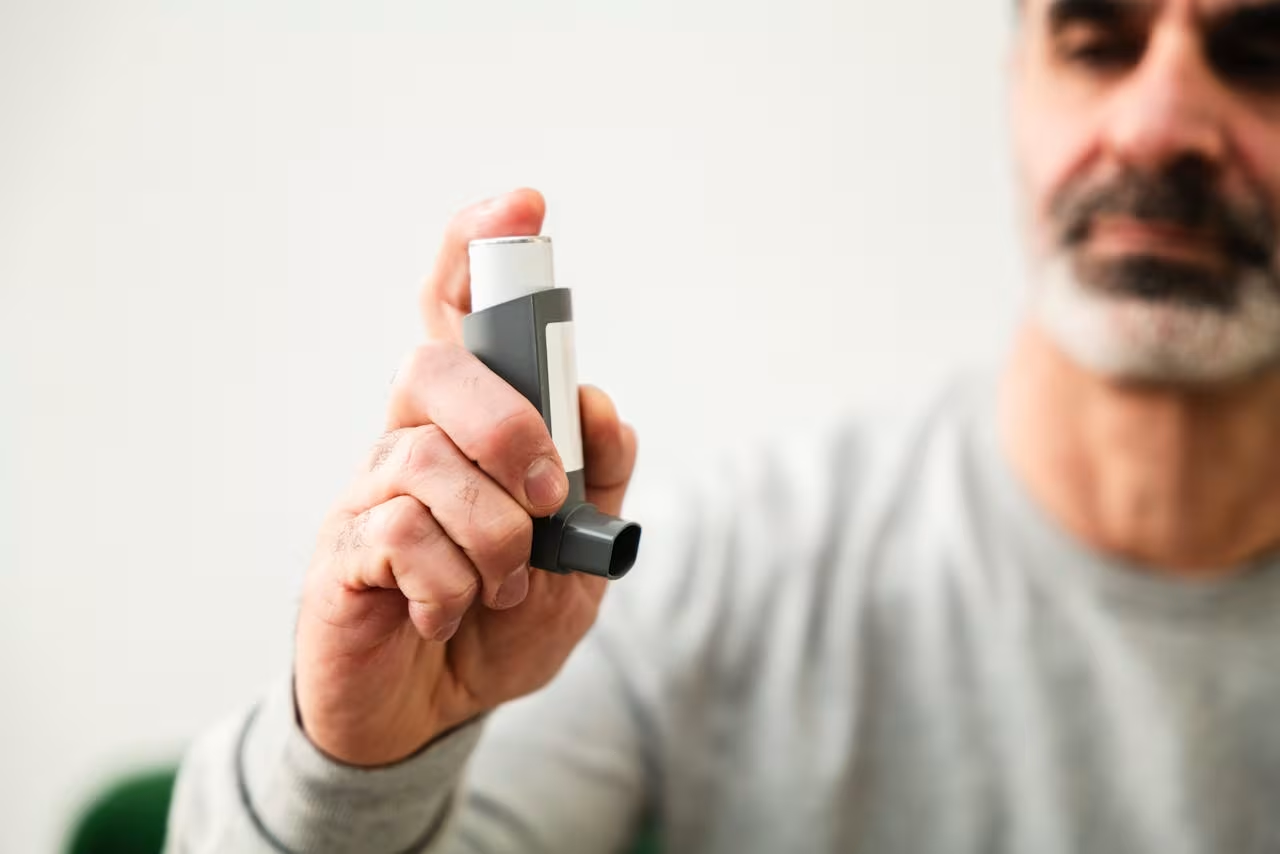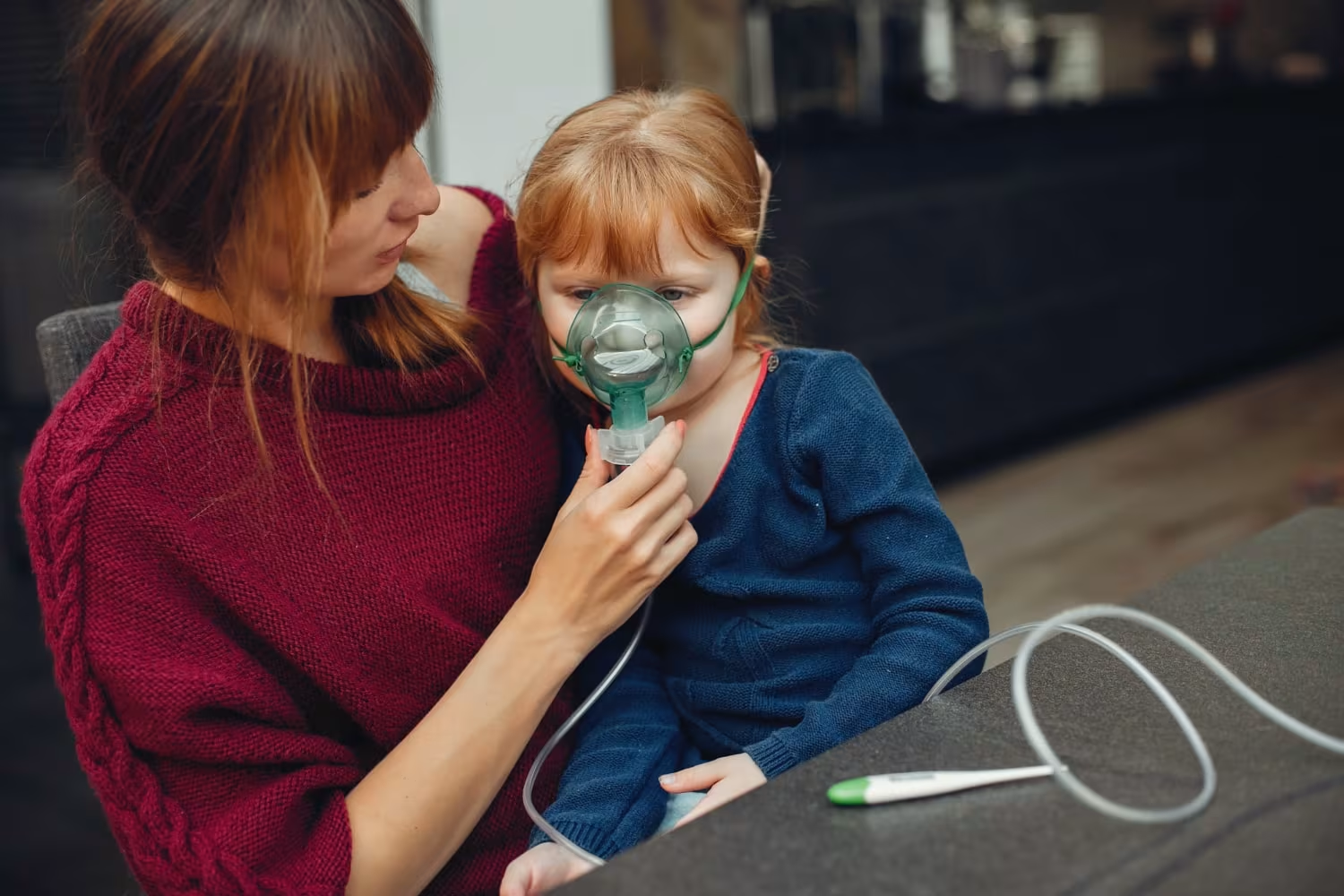
Spirometry tests are vital diagnostic tools used to assess lung function and diagnose various respiratory conditions.
Spirometry tests measure the amount of air you inhale and exhale, as well as how quickly you can exhale air from your lungs. This information helps assess lung function and diagnose conditions such as asthma, chronic obstructive pulmonary disease (COPD), and other respiratory disorders.
Spirometry tests are used for several purposes, including:
You may need a spirometry test if you experience symptoms such as:
Additionally, if you have a known respiratory condition, your healthcare provider may recommend spirometry to monitor your lung function and disease progression.
At Private Medical Clinic, we offer different types of spirometry tests to cater to various diagnostic needs:
Baseline Spirometry
Conducted to assess lung function in cases where a definitive diagnosis is yet to be established. It serves as a foundation for subsequent medical decisions.
Reversibility Testing
This variant is particularly useful in distinguishing between asthma and COPD, aiding in accurate diagnosis and tailored treatment planning.
Post Bronchodilator Spirometry
Recommended for investigating obstructive conditions indicated by baseline spirometry or for monitoring clinical progress in diagnosed cases of Asthma and COPD. This variant requires patients to be on established treatment.
During a spirometry test:
Overall, spirometry tests are safe, non-invasive, and provide valuable information about lung health. If you experience respiratory symptoms or have a known lung condition, talk to one of our doctors about whether a spirometry test is right for you.
Click here to book your appointment with one of our doctors.





